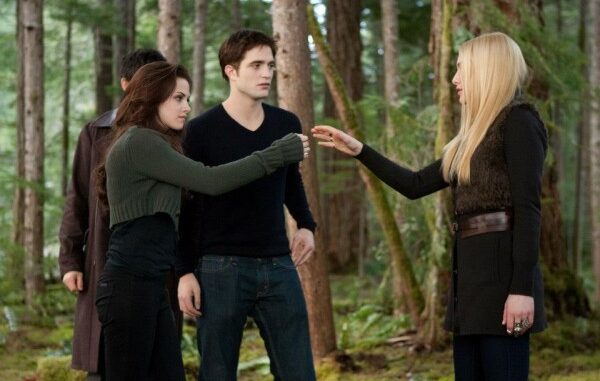
The Glittering Legacy: How Twilight Forever Altered the Landscape of Vampire Films
Before Bella Swan tripped into Edward Cullen's life, vampire movies were largely defined by a gothic allure, a primal hunger, and a healthy dose of horror. Think Bela Lugosi's menacing stare, Christopher Lee's aristocratic menace, and even Gary Oldman's tragic, blood-soaked Dracula. Vampires were monsters, predators, creatures of the night, to be feared and, if possible, destroyed. Then came Twilight, and with it, a seismic shift that irrevocably changed the landscape of vampire cinema, replacing fangs and fear with longing and adolescent angst. While some argue Twilight diluted the genre, its undeniable impact solidified a new archetype: the romanticized, conflicted, and tragically beautiful vampire, a legacy that continues to haunt and fascinate even today.
One of the most significant changes Twilight ushered in was the de-fanging, quite literally, of the traditional vampire. Gone were the overtly grotesque features and the emphasis on bloodlust as a driving force. Instead, Twilight's vampires possessed a refined beauty, sculpted features, and an internal struggle against their inherent nature. Edward Cullen, with his alabaster skin, tortured gaze, and commitment to vegetarianism, epitomized this shift. This focus on control and restraint, driven by a desire to be "good" for the sake of love, allowed for a deeper exploration of the vampire's internal conflict. The threat, while still present, was muted, replaced by a more relatable and humanizing struggle. This, in turn, resonated with a younger audience who found the brooding, self-sacrificing hero far more appealing than the bloodthirsty monster of old.
Furthermore, Twilight elevated romance to the forefront, overshadowing the horror elements that had previously defined the genre. The focus shifted from the vampire's predatory nature to his capacity for love and devotion. Bella Swan became the object of Edward's centuries-long yearning, and their forbidden romance, fraught with peril and longing, formed the central narrative. This emphasis on romantic entanglement, the star-crossed lovers battling societal and internal constraints, created a new subgenre of vampire fiction, often categorized as paranormal romance. This romantic lens softened the traditionally harsh edges of the vampire mythos, making it palatable and even desirable for a wider audience.
The impact of this shift is undeniable. In the wake of Twilight's immense popularity, other vampire narratives followed suit. The Vampire Diaries, True Blood, and even films like Warm Bodies embraced the romanticized, conflicted vampire trope. Vampires became less about the terror they instilled and more about the complexities of their relationships, their inner demons, and their struggles with identity. While some pre-Twilight works, like Interview with the Vampire, had explored these themes, Twilight popularized them to an unprecedented degree, setting a new standard for how vampires were portrayed.
However, Twilight's influence is not without its detractors. Many argue that the romanticization of the vampire diluted the genre, stripping it of its essential elements of horror and suspense. The glittering skin, the emphasis on romance over substance, and the focus on teenage angst are often criticized for trivializing the dark and complex mythology of the vampire. This critique is valid; Twilight undoubtedly shifted the genre away from its roots, prioritizing romance and relatability over genuine terror.
Despite the controversy, Twilight's lasting impact on vampire movies cannot be denied. It broadened the appeal of the genre, introducing it to a new generation and paving the way for a wave of romanticized and conflicted vampire narratives. While some may lament the loss of the truly terrifying vampire, Twilight demonstrated that the genre could be reimagined, repurposed, and repackaged for a different audience. It proved that vampires could be more than just monsters; they could be heroes, lovers, and even, dare we say, relatable. Twilight didn't just change vampire movies; it transformed them, leaving a glittering, and often controversial, legacy that continues to shape the landscape of the genre today.
